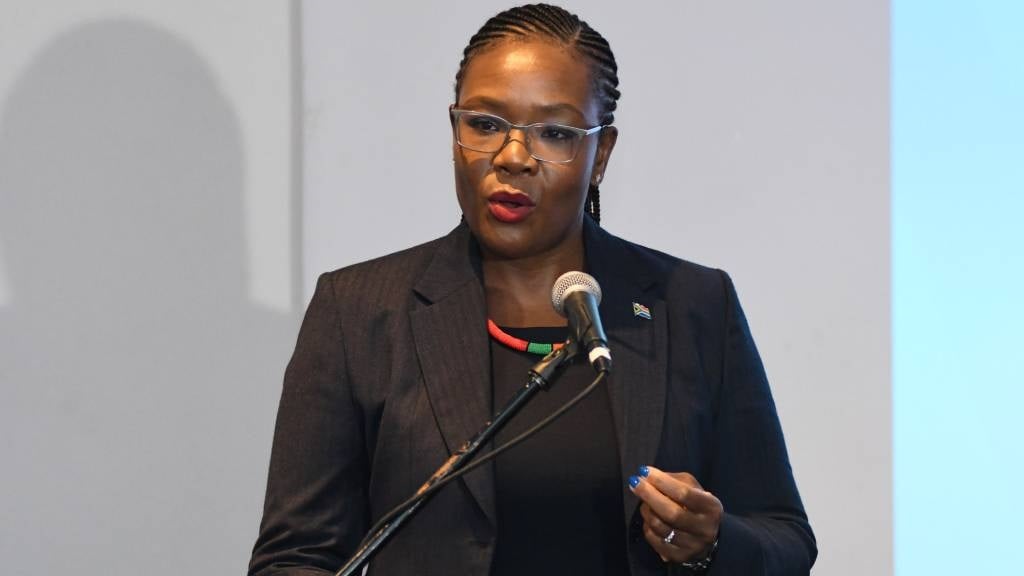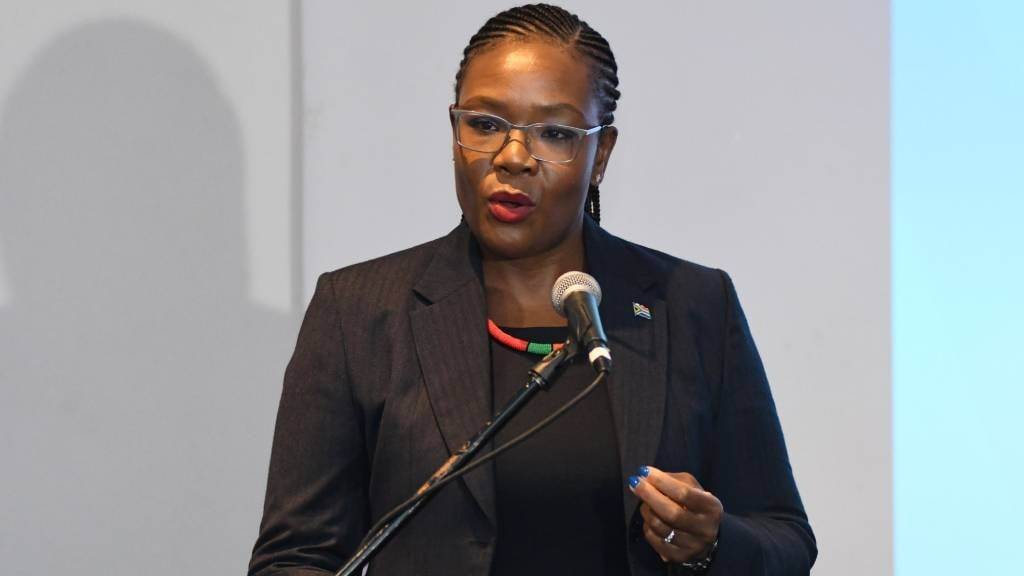Top Stories Tamfitronics

Auditor-General Tsakani Maluleke. (Darren Stewart/Gallo Images)
- Only a fraction of municipalities in SA have received clean audits.
- Forty-five municipalities improved their audit outcomes since 2020-21, but 36 regressed.
- Fewer municipalities have disclaimed audit opinions, which is the worst possible audit outcome.
Poor audit outcomes in local government continue unabated, with only 34 of South Africa’s 257 municipalities obtaining clean bills of health.
Auditor-General Tsakani Maluleke released the 2022-23 consolidated general report on local government audit outcomes on Tuesday, and said no meaningful improvement had occurred over the first two years of the current term.
Maluleke has called on “all roleplayers in the accountability ecosystem to work deliberately and with urgency towards a culture of performance, accountability, transparency, and institutional integrity that will ultimately result in a better life for the people of South Africa”.
She said:
Service delivery improvements and the responsible use of the limited funds available will only be enabled when municipalities are capable, cooperative, accountable and responsive, and when they deliver on their mandates.
“Municipal leadership, councils and mayors play a critical role in setting the tone for ethical behaviour, good governance and accountability; and in creating a culture that fosters trust and confidence in local government.”
She added that 45 municipalities had improved their audit outcomes since 2020-21, and 36 had regressed.
READ |‘Most of it is gone’: AG Tsakani Maluleke explains how bulk of R14bn in irregularities is irrecoverable
Maluleke noted that local government’s inability to comply with legislation when conducting operations remained the biggest obstacle, with 86% receiving material compliance findings, regressing slightly from 85% in the previous year and 83% in 2020-21.
On the upside, there were fewer municipalities with disclaimed audit opinions, which is the worst possible audit outcome.
“Over the administrative term, 18 municipalities, mostly in KwaZulu-Natal, Mpumalanga and North West, have moved out of this category. Fourteen municipalities received disclaimed opinions in 2022-23, including two municipalities whose audits were finalised after 31 March 2024, which was the cut-off date for this report,” Maluleke said.
The AG commended the support provided by the provincial government to municipalities in the 6th administration and called for it to be sustained in the 7th administration “as this support demonstrated positive signs of improvement”.
Furthermore, she said her office would continue to use its enhanced powers to demand action and accountability, and added that she was pleased with the impact the material irregularity process was making.
“Since 2019, financial losses of an estimated R924.1 million have been recovered, are in the process of being recovered or have been prevented because of this process. Accounting officers have also acted to strengthen internal controls and to address the non-submission of financial statements,” she said.
“Most accounting officers are taking action to resolve material irregularities, but where the material irregularities were not dealt with swiftly or with the required seriousness, we included recommendations in audit reports, took remedial action and referred matters to relevant public bodies for investigation (where appropriate),” Maluleke added.
Editor’s note: This story has been updated with additional information.
Discover more from Tamfis
Subscribe to get the latest posts sent to your email.








